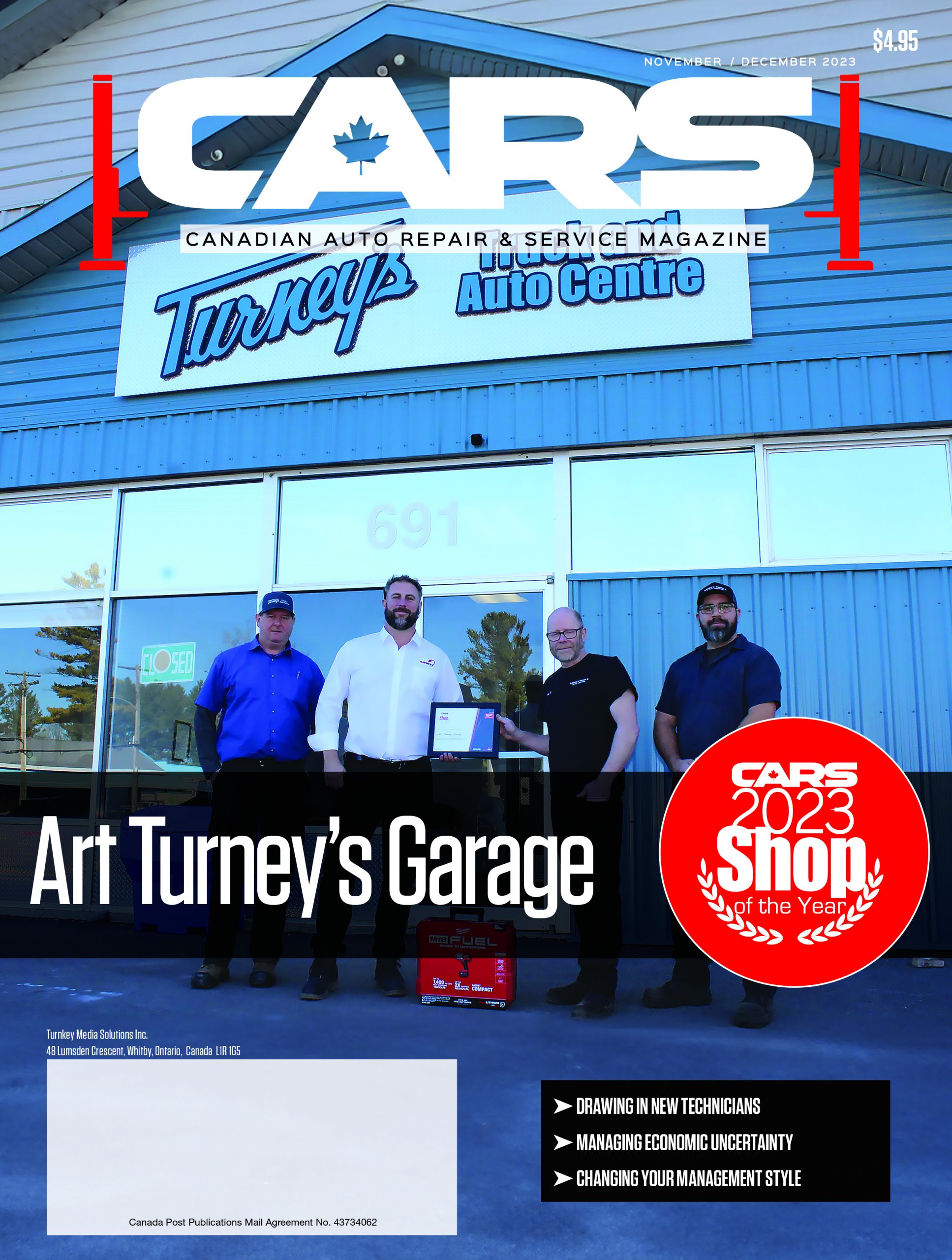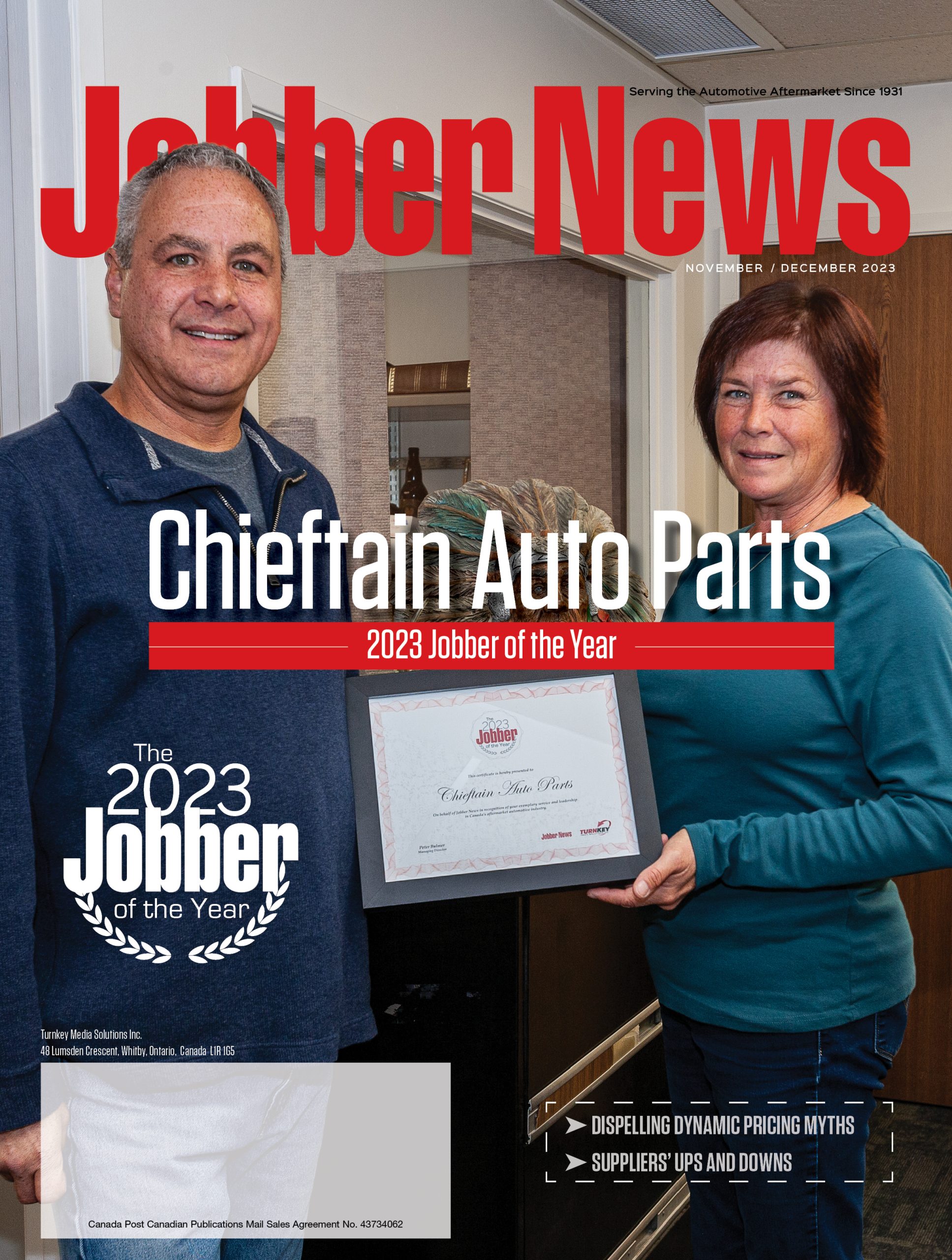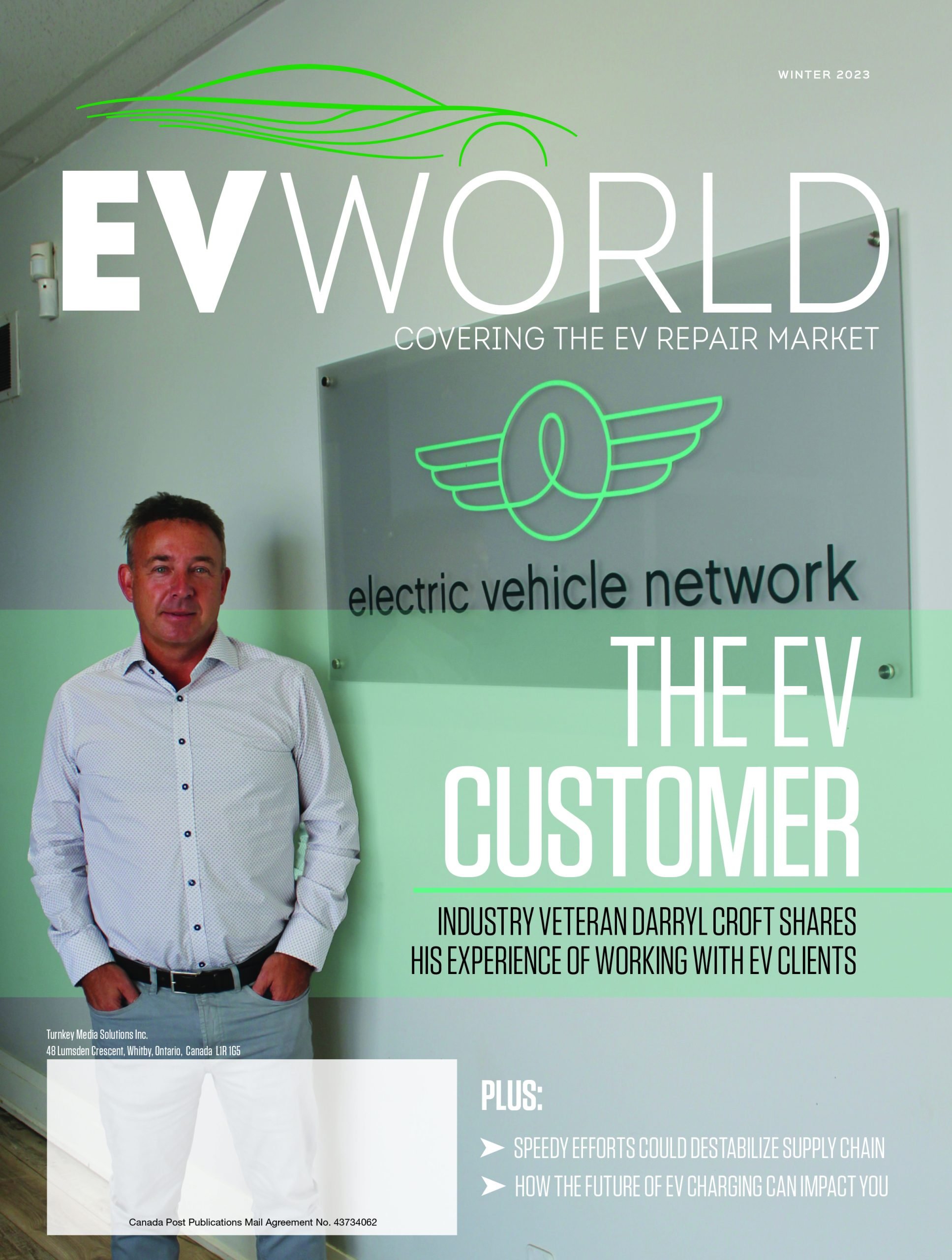
What you can’t do after you’ve quoted a customer

Image credit: Depositphotos.com
Many sales advisors make the mistake of delivering the price to the customer … and then leave them in stunned silence.
Tom Amero, certified elite trainer at Elite, a training company that works with the automotive aftermarket, calls it a hammer drop. You’ve gone through the process of understanding the customer, going through their issue, building trust with your shop, explaining the great techs that will work on it — all these wonderful things — and then tell them their repair will be a couple thousand dollars.
And then it’s silence. But it’s not golden. How do you think the customer is feeling?
“That is the worst place to pause. I just dropped the hammer,” he said during the session High Impact Service Advisor Sales Course at this year’s Midwest Auto Care Alliance’s Vision and Hi-Tech Training Expo in Kansas City.
After you tell them the price, continue the conversation by telling them you can get started on the work that day or whenever you have a spot available. Then ask for their approval. That’s your closing sentence. That doesn’t matter if they’re on the phone with you or in person on the other side of the counter, Amaro noted.
And confidence is key. If you sound like the price is painful, the customer will definitely pick up on that.
“You’ve got to be confident in the closing,” Amaro said. “If you’ve got an issue with this, they will have an issue with it, I promise you. They will feel that and they will be uncomfortable. You got to confidently know how you’re going to close, you got to know that sentence, deliver the price and deliver your closing sentence.”
That is the time to take a pause.
“Let them digest it. Let them figure it out. Let them talk next. Little bit of silence is OK,” Amaro said. “You cannot pause after the price. It’s ‘price and,’ you deliver your close and then you pause.”
If you talk, for example, about the quality of the parts or the work, chances are you’re going to divert the conversation away from getting the sale done.
“When you speak you’re interrupting the brain process,” observed Darrin Barney, president of Elite, who spoke during the same session.
And when they’re looking for an out, they will likely find one. And maybe it ends up with you offering a discount to not lose the customer.
“We could give away the farm. We guess; we know what the objections are. We guess we know what they’re thinking. We don’t,” Barney said.
Print this page
.png)








I disagree with this sentiment. We’re not salesmen. We provide a needed service. A little empathy and reassuring that the job is necessary, the car is worth the investment, and a brief explanation of the repair being more financially feasible than other alternatives – ie replacing the car, or ignoring the problem and making it worse, is what I believe customers are looking for. Not a hard close. If the work is really necessary, and our price is fair, there should be no salesmanship needed. And in todays market of never ending appointments, I honestly do not have time to argue if someone is just trying to save a nickel. You’re never going to please those people. Charge your inspection fee, and move along to the person beating down the door for service.
In most cases, the car came to you because they already know they needed to spend money.
A bit of sympathy never hurts also.
I used to like people before I started working in retail. Nuff said.